H.R. 2888: Stopping a Rogue President on Trade Act
This bill, titled the "Stopping a Rogue President on Trade Act," aims to establish new restrictions on the President's ability to impose tariffs and duties on imported goods. Here are the main points of the bill:
Termination of Existing Tariffs
The bill proposes to end certain tariffs that have been put in place by specific Executive Orders, which include:
- Executive Order 14257
- Executive Order 14193
- Executive Order 14194
These tariffs will no longer be effective from the date the bill is enacted.
Congressional Approval for New Tariffs
Under this bill, the President would need to seek approval from Congress before imposing or increasing any duties, quotas, or tariff-rate quotas on imported goods. This requirement means that:
- Before any new tariffs can be enacted, a joint resolution of approval must be passed by Congress.
- The President cannot independently impose or raise tariffs or modify trade agreement concessions without this Congressional approval.
However, there are certain exceptions where this approval is not necessary, such as:
- Antidumping and countervailing duties under the Tariff Act of 1930.
- Duties, quotas, and tariff-rate quotas under the Trade Act of 1974.
- Duties imposed following a ruling from a dispute settlement panel within free trade agreements.
Joint Resolution Procedures
The bill defines a "joint resolution of approval" as a specific type of resolution that aims to authorize a tariff. The resolution must directly state that Congress approves the specific tariffs or duties being proposed. Key points include:
- A joint resolution can be introduced by any Member of Congress in either House.
- There are procedures for expedited processing of these resolutions, ensuring they are considered in a timely manner.
The bill also acknowledges the right of either House of Congress to change its rules regarding these procedures in the future.
Overall Intent
The intention behind the bill is to curtail the power of the President in making unilateral trade decisions by ensuring that any significant changes in tariffs or trade policies have the consent of Congress, thus promoting a more collaborative approach to international trade.
Relevant Companies
None found
This is an AI-generated summary of the bill text. There may be mistakes.
Sponsors
41 bill sponsors
-
TrackLinda T. Sánchez

Sponsor
-
TrackDonald S. Beyer, Jr.

Co-Sponsor
-
TrackBrendan F. Boyle
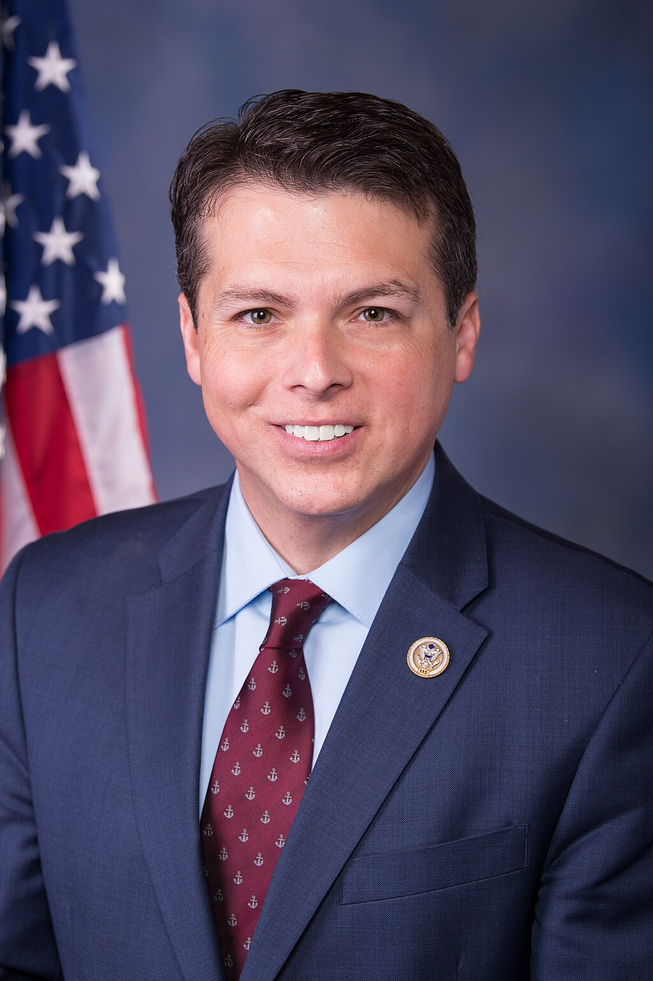
Co-Sponsor
-
TrackAndré Carson
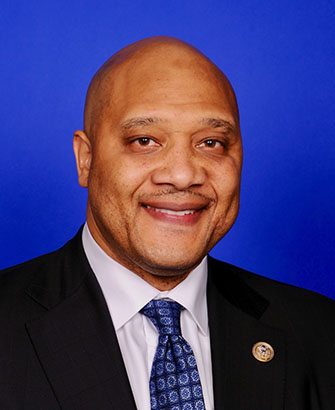
Co-Sponsor
-
TrackJudy Chu
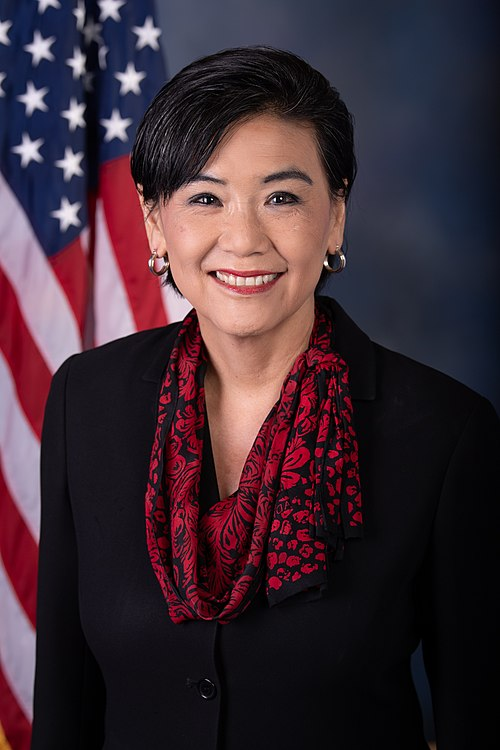
Co-Sponsor
-
TrackJim Costa
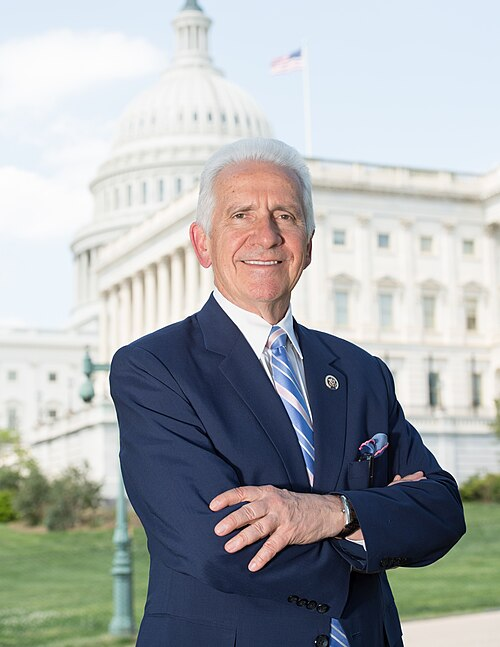
Co-Sponsor
-
TrackDanny K. Davis
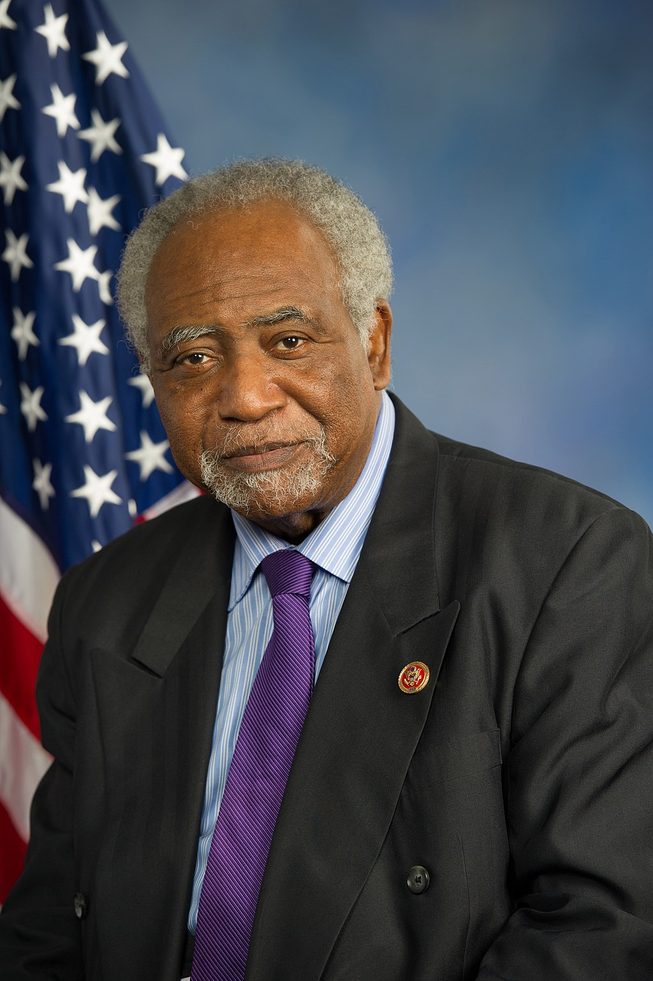
Co-Sponsor
-
TrackSuzan K. DelBene
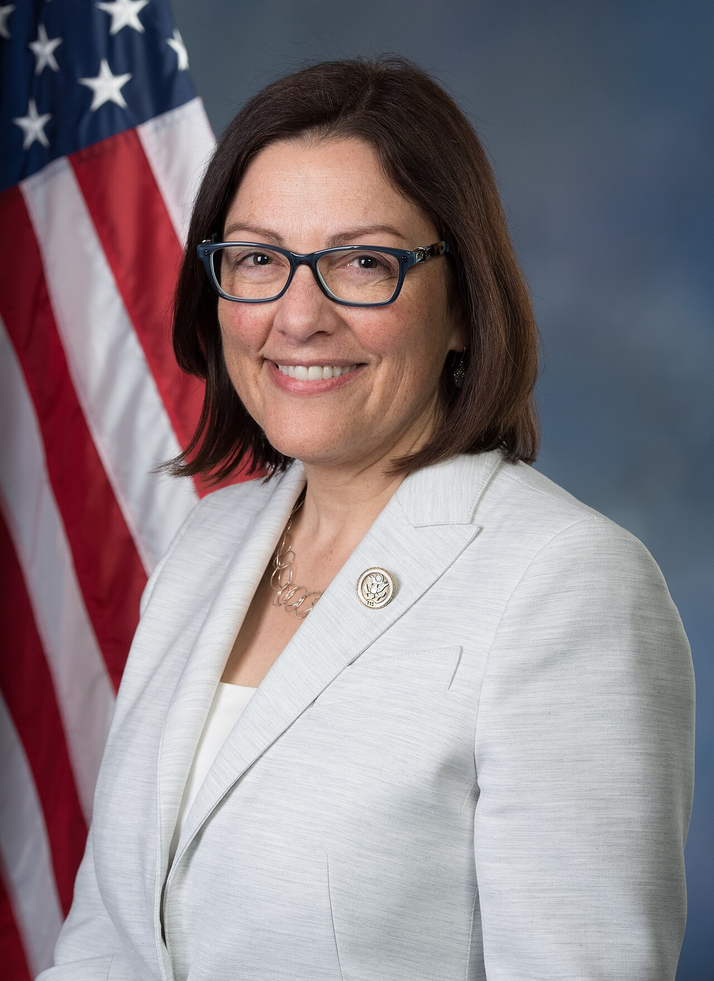
Co-Sponsor
-
TrackLloyd Doggett

Co-Sponsor
-
TrackAdriano Espaillat
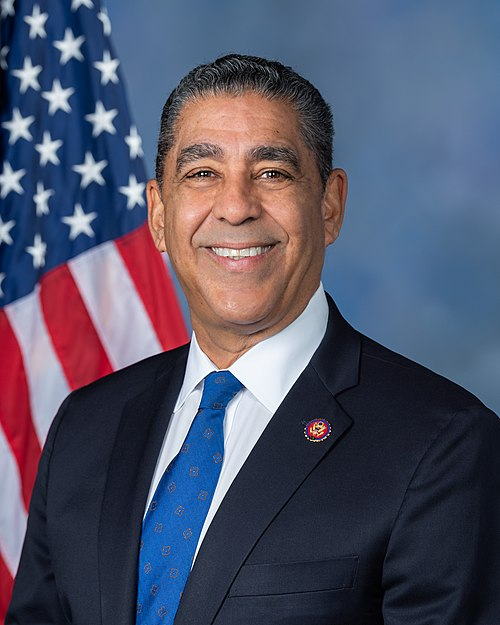
Co-Sponsor
-
TrackDwight Evans

Co-Sponsor
-
TrackLizzie Fletcher

Co-Sponsor
-
TrackJimmy Gomez
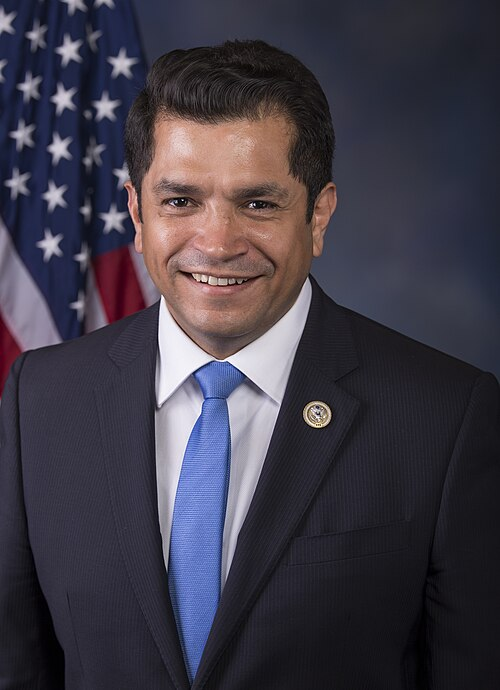
Co-Sponsor
-
TrackJosh Gottheimer

Co-Sponsor
-
TrackAdam Gray

Co-Sponsor
-
TrackSteven Horsford

Co-Sponsor
-
TrackJonathan L. Jackson

Co-Sponsor
-
TrackJulie Johnson

Co-Sponsor
-
TrackTimothy M. Kennedy
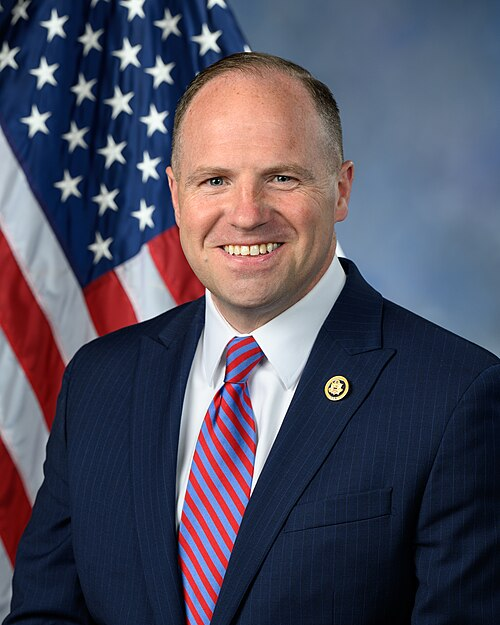
Co-Sponsor
-
TrackRick Larsen

Co-Sponsor
-
TrackJohn B. Larson

Co-Sponsor
-
TrackJames P. McGovern

Co-Sponsor
-
TrackGwen Moore
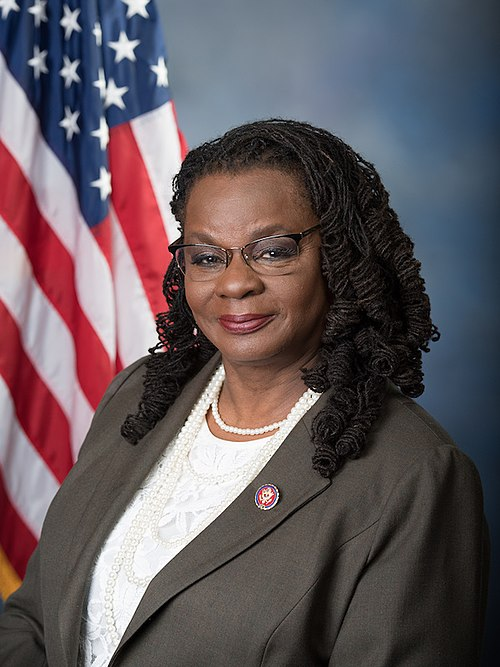
Co-Sponsor
-
TrackKelly Morrison

Co-Sponsor
-
TrackRichard E. Neal

Co-Sponsor
-
TrackJohnny Olszewski

Co-Sponsor
-
TrackJimmy Panetta
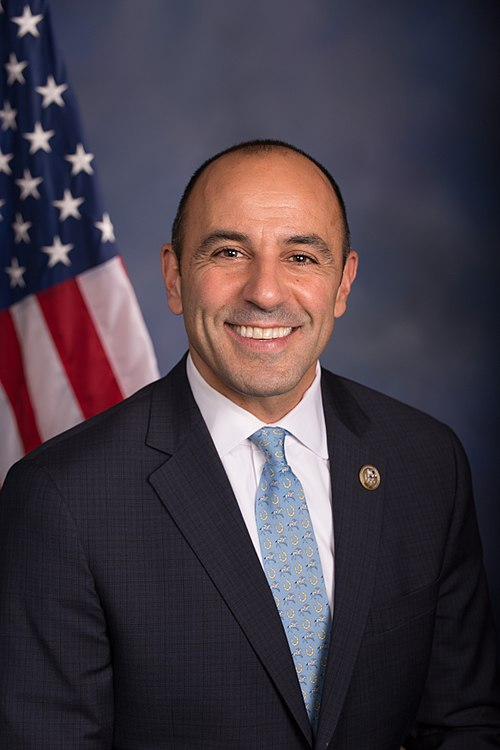
Co-Sponsor
-
TrackChellie Pingree

Co-Sponsor
-
TrackStacey E. Plaskett

Co-Sponsor
-
TrackMike Quigley
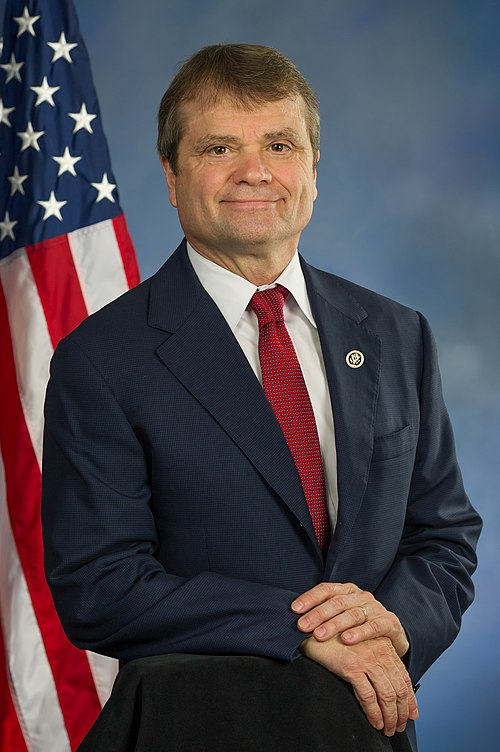
Co-Sponsor
-
TrackAndrea Salinas

Co-Sponsor
-
TrackBradley Scott Schneider
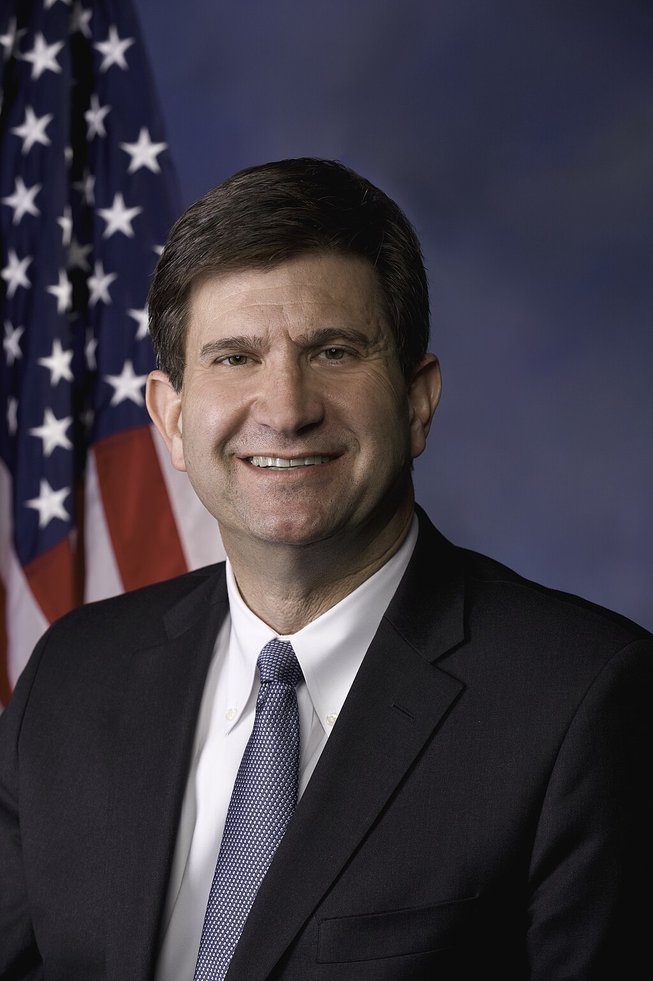
Co-Sponsor
-
TrackHillary J. Scholten

Co-Sponsor
-
TrackTerri A. Sewell
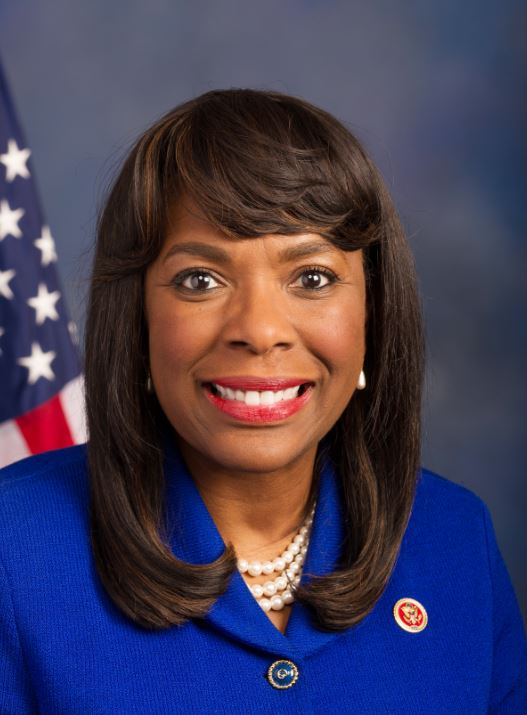
Co-Sponsor
-
TrackMarilyn Strickland
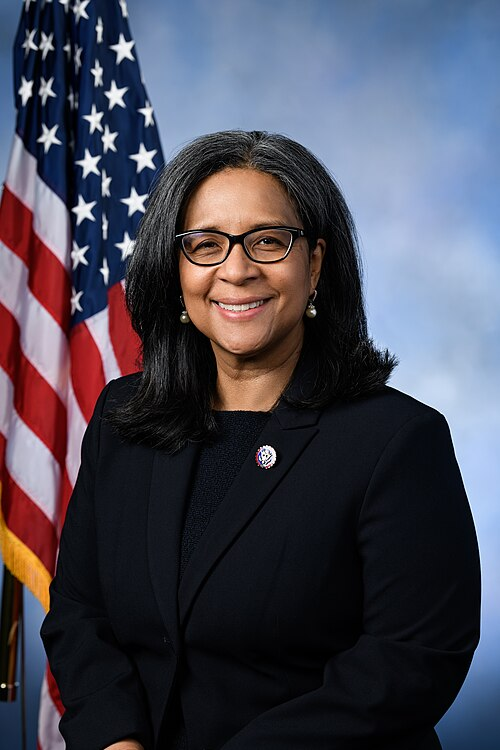
Co-Sponsor
-
TrackThomas R. Suozzi

Co-Sponsor
-
TrackShri Thanedar

Co-Sponsor
-
TrackMike Thompson
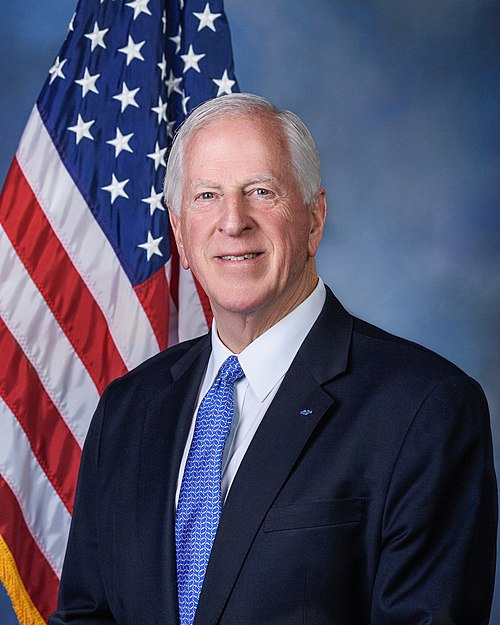
Co-Sponsor
-
TrackDina Titus

Co-Sponsor
-
TrackMarc A. Veasey

Co-Sponsor
-
TrackDebbie Wasserman Schultz
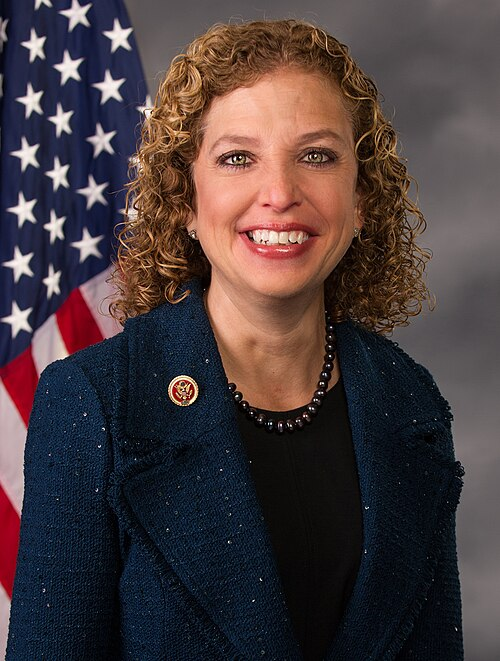
Co-Sponsor
Actions
2 actions
| Date | Action |
|---|---|
| Apr. 10, 2025 | Introduced in House |
| Apr. 10, 2025 | Referred to the Committee on Ways and Means, and in addition to the Committee on Rules, for a period to be subsequently determined by the Speaker, in each case for consideration of such provisions as fall within the jurisdiction of the committee concerned. |
Corporate Lobbying
0 companies lobbying
None found.
* Note that there can be significant delays in lobbying disclosures, and our data may be incomplete.
Potentially Relevant Congressional Stock Trades
No relevant congressional stock trades found.